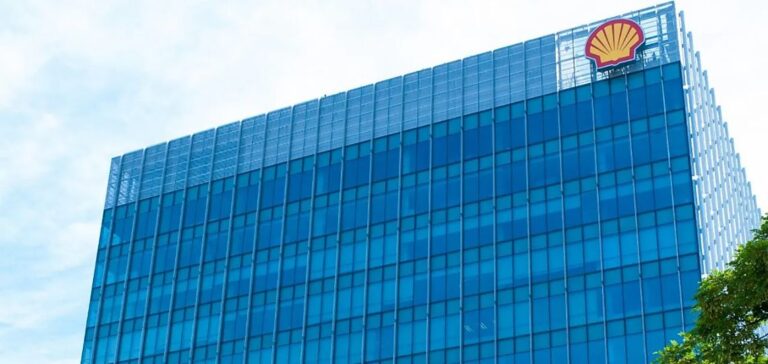Shell plc has announced a significant expansion of its cost reduction programme, now targeting savings between USD 5 and 7 billion by 2028, based on a 2022 benchmark. This updated objective, unveiled during the company’s annual investor day, significantly exceeds its previous goal of USD 2 to 3 billion by the end of 2025.
The group specified that the plan will focus on achieving a sustainable reduction of structural costs, notably through opportunities provided by artificial intelligence and emerging technologies. This strategic refocus comes amid an ongoing internal reorganisation, already marked by staff cuts in its oil and gas divisions.
Regional restructurings and industrial refocus
Shell indicated that it is exploring new opportunities in the chemical sector in the United States, while preparing for “reclassifications and selective closures” across its European operations. These measures are part of a broader operational streamlining strategy, aimed at enhancing resilience against volatility in the global energy market.
In a statement issued on this occasion, Wael Sawan, Chief Executive Officer of Shell plc, highlighted the company’s ongoing transformation into a “simpler, more resilient and more competitive” entity, while acknowledging the teams involved in this rationalisation effort. The group also confirmed that its revised climate targets from March 2024 remain unchanged, with no additional commitments announced.
Continued focus on hydrocarbons and LNG growth
Shell also reaffirmed its ambition to become the world’s leading integrated player in the liquefied natural gas (LNG) sector. In this context, the company plans to increase its LNG sales by 4 to 5% by 2030. This strategic direction remains consistent with the dominant role of hydrocarbons in the group’s revenue structure.
Shell’s net profit for 2024 stood at USD 16.1 billion, down 17% compared with the previous year, mainly due to declining margins and prices. This drop followed a halving of its annual profit in 2023. Following the announcement of its new savings target, Shell’s share price rose by 1.96% on the London Stock Exchange on the morning of 25 March.






















